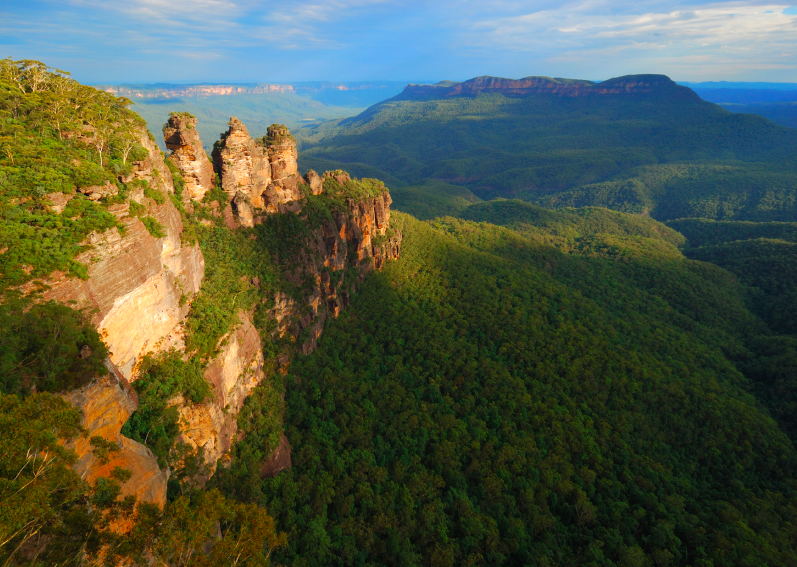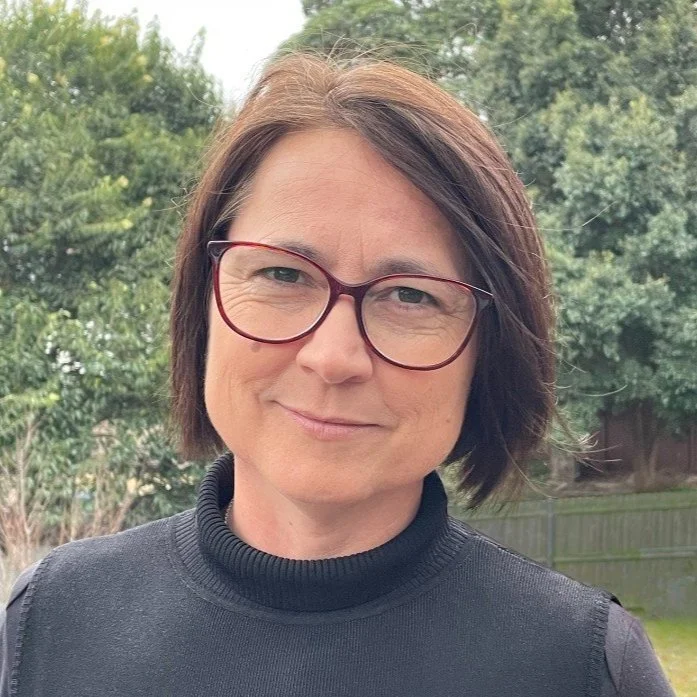We are seeking to recruit an experienced Programs Manager to join our core team and oversee the Institute’s programs, manage existing research projects, ensuring the delivery of agreed outcomes, and work with the team to initiate new projects and apply for funding.
This is an ideal opportunity for someone interested in working with a diverse research network and taking an interdisciplinary approach to environmental issues.












